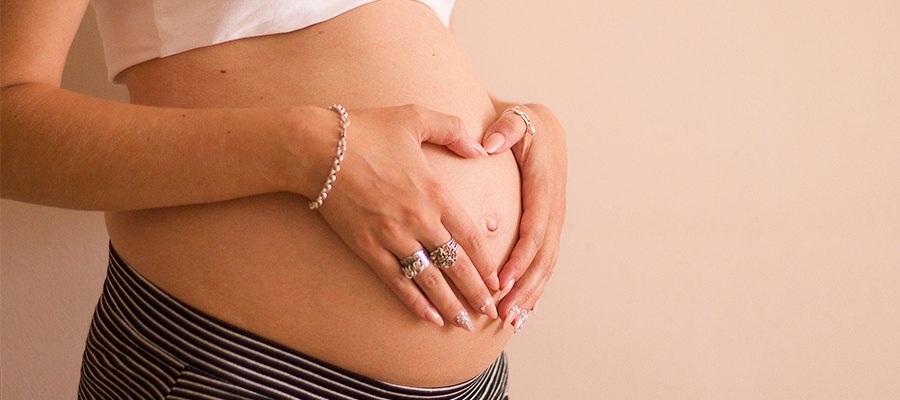
Estimated reading time: 4 minutes and 16 seconds
Pregnancy: Things to Avoid During This Time
Navigating Dos and Don’ts for a Healthy Journey
Pregnancy is a special time filled with anticipation and joy, but it also comes with a list of precautions to ensure the health and safety of both the mother and the baby. At Aktif International Hospitals, we understand the importance of providing expectant mothers with the guidance they need to navigate this transformative journey with confidence. Below, we address some common concerns and offer insights into things to avoid during pregnancy.
Frequently Asked Questions
What foods and beverages should I avoid during pregnancy?
During pregnancy, it’s essential to be mindful of your diet and avoid certain foods and beverages that may pose risks to the health of you and your baby. Some foods to avoid include:
- Raw or undercooked meats: These may contain harmful bacteria such as Salmonella, E. coli, or Listeria, which can cause foodborne illnesses.
- Unpasteurized dairy products: Raw milk and cheeses made from unpasteurized milk may harbor harmful bacteria like Listeria.
- Raw or undercooked fish: Certain types of fish, such as swordfish, shark, king mackerel, and tilefish, may contain high levels of mercury, which can be harmful to the developing fetus.
- Caffeine: While moderate caffeine consumption is generally considered safe during pregnancy, it’s best to limit intake to 200 milligrams per day (equivalent to about one 12-ounce cup of coffee).
- Alcohol: Alcohol consumption should be avoided entirely during pregnancy, as it can cause a range of birth defects and developmental issues.
Are there any activities or behaviors I should avoid during pregnancy?
Certain activities and behaviors should be avoided during pregnancy to minimize risks to the mother and baby’s health. These include:
- Smoking: Smoking during pregnancy increases the risk of complications such as preterm birth, low birth weight, and birth defects. It’s essential to quit smoking as soon as possible for the well-being of both you and your baby.
- Excessive alcohol consumption: As mentioned earlier, alcohol should be avoided entirely during pregnancy due to its harmful effects on fetal development.
- High-impact exercises: While staying active during pregnancy is important, activities with a high risk of falls or abdominal trauma should be avoided. Opt for low-impact exercises like walking, swimming, or prenatal yoga instead.
- Hot tubs and saunas: Prolonged exposure to high temperatures, such as those found in hot tubs and saunas, can raise the body’s core temperature and pose risks to the developing fetus. It’s best to avoid these activities during pregnancy, especially during the first trimester.
Are there any medications or supplements I should avoid during pregnancy?
Certain medications and supplements may not be safe to take during pregnancy, so it’s essential to consult with your healthcare provider before starting or continuing any medications. Some substances to avoid include:
- Certain prescription medications: Some medications, such as certain acne medications, blood thinners, and antidepressants, may pose risks to the developing fetus and should be avoided or adjusted under medical supervision.
- Herbal supplements: Herbal supplements and remedies may not be regulated or tested for safety during pregnancy, so it’s best to avoid them unless recommended by your healthcare provider.
- Over-the-counter medications: While some over-the-counter medications may be safe to take during pregnancy, others may pose risks. Always consult with your healthcare provider before taking any medications, including pain relievers, cough and cold remedies, and antacids.
How can I ensure a healthy pregnancy and delivery?
In addition to avoiding potential risks, there are several steps you can take to promote a healthy pregnancy and delivery:
- Attend prenatal appointments: Regular prenatal check-ups are essential for monitoring the health of both you and your baby, addressing any concerns, and receiving necessary screenings and tests.
- Eat a balanced diet: Focus on eating a variety of nutritious foods, including fruits, vegetables, whole grains, lean proteins, and dairy products, to provide essential nutrients for fetal development.
- Stay hydrated: Drink plenty of water throughout the day to stay hydrated and support optimal functioning of your body and the placenta.
- Get plenty of rest: Aim for at least 7-9 hours of sleep per night and listen to your body’s cues for rest and relaxation during the day.
- Stay active: Engage in regular, moderate exercise as recommended by your healthcare provider to maintain overall health and prepare your body for labor and delivery.
Schedule Your Prenatal Consultation at Aktif International Hospitals
If you have questions or concerns about things to avoid during pregnancy or would like personalized guidance on prenatal care, our team of obstetricians and maternal-fetal medicine specialists is here to help. Contact Aktif International Hospitals to schedule a prenatal consultation and take the first step toward a healthy pregnancy and delivery.
Author: Aybala Fatma Gürsoy


 TR
TR FR
FR ES
ES RU
RU RO
RO